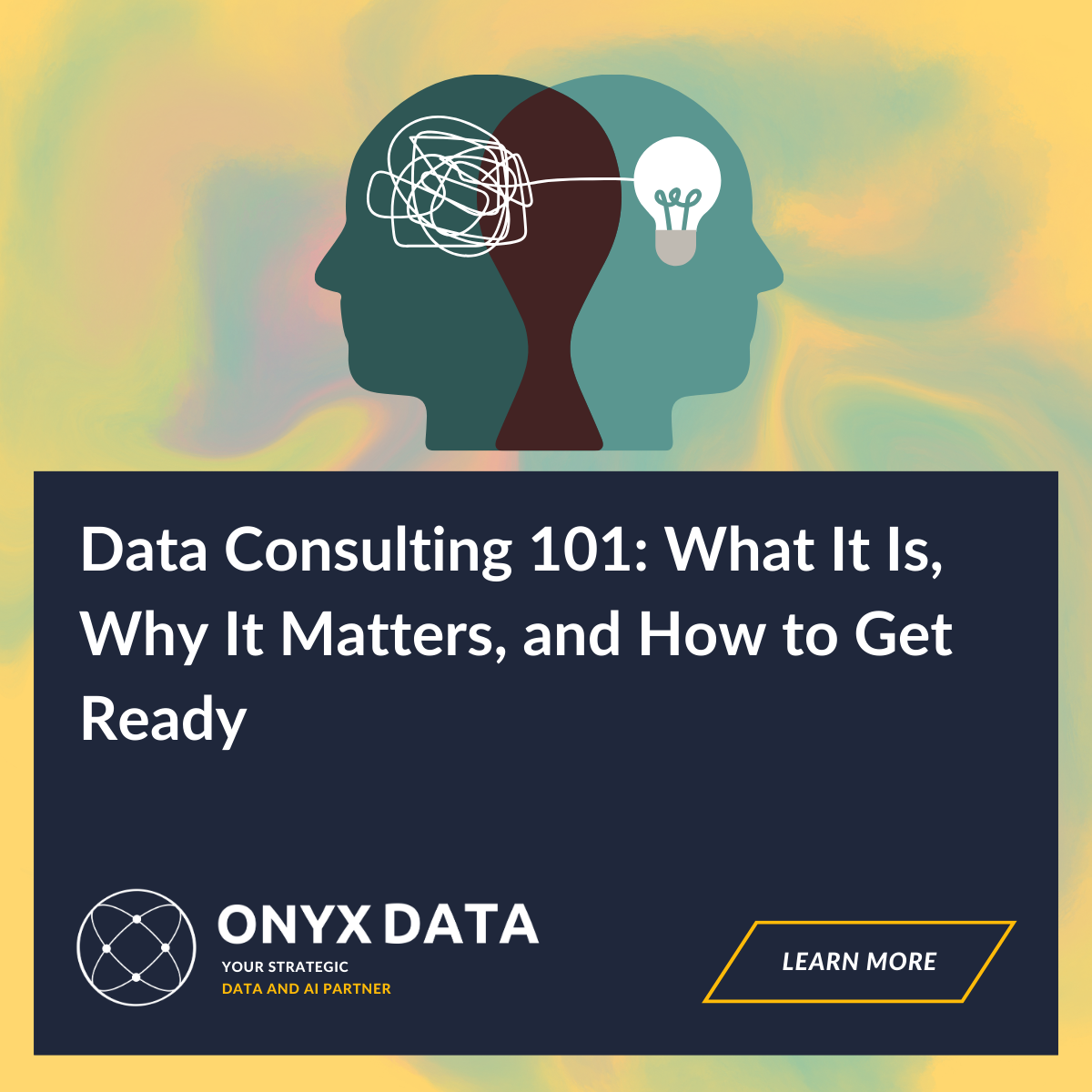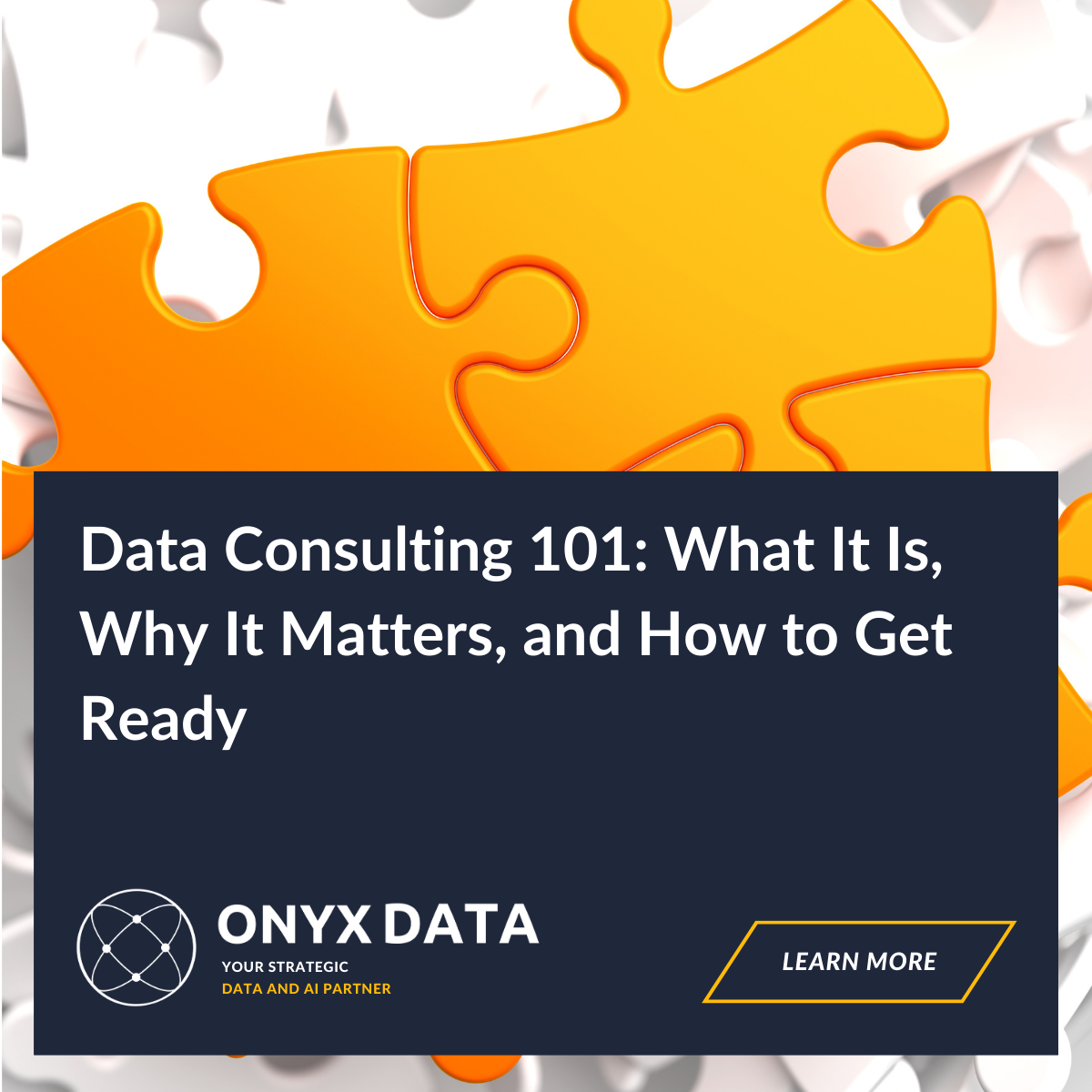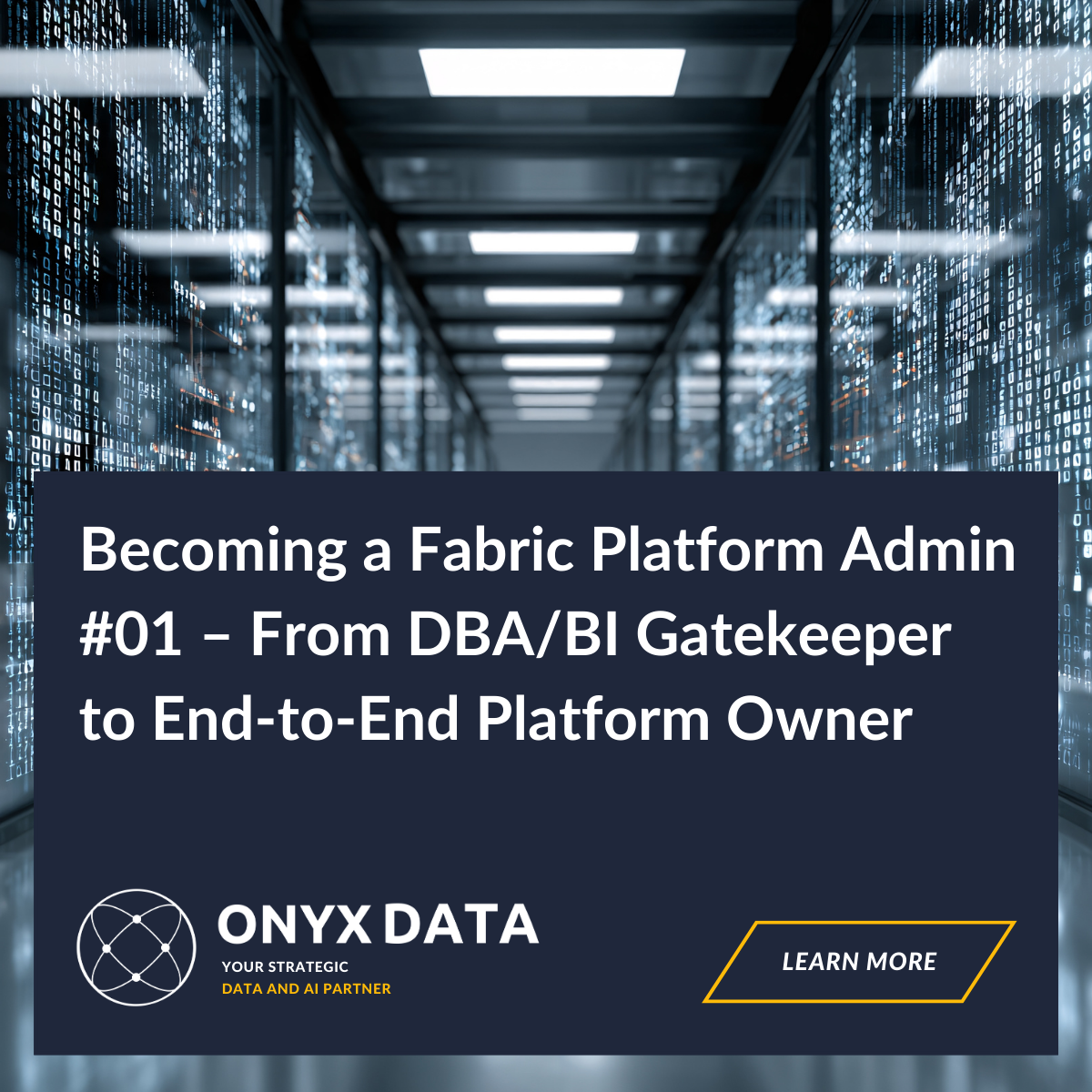
Introduction
Data-driven decision making is a crucial part of business success. It helps organisations make better decisions by using data to inform their decisions. The source of the data can be either historical or real-time, but it’s important for business leaders to ensure that their organisations are collecting relevant data and using it effectively. In our experience partnering with organisations, those that use data to make decisions are more likely to be successful. This is because they have access to the data that is most relevant for their business and can use it effectively in their decision-making processes.
Data-driven decision making is the process of using data to make decisions.
Data-driven decision making is a process that helps you make better decisions by using data. It’s not a one-time activity, but rather an ongoing process to ensure that your business is moving in the right direction. We have found that periodic reviews of business processes can drive improvements in the effectiveness of data-driven decision making.
Such reviews help you to:
- Ensure that your organisation has the right data and information available at the right time to make decisions.
- Identify where processes are working well and where they could be improved.
- Ensure that any changes made are supported by a documented business case.
- Monitor progress against agreed objectives.
Data-driven decision making allows you to:
- Make smarter decisions based on facts and figures instead of gut instinct alone.
- Reduce the risk of making wrong decisions that could have a negative impact on your business.
- Increase the speed at which you make decisions.
- Achieve cost savings through reduced reliance on manual checking processes.
- Improve efficiency by eliminating guesswork from your workflow processes.
Data-driven decision making helps an organisation make better decisions.
Data-driven decision making can be utilised by any organisation, but in our experience, we have found it’s especially helpful for businesses with lots of data available.
An example of this is our online retail customer, this particular customer had access to all kinds of information about customers’ purchases and browsing habits. We partnered with this customer to enable the product development and marketing team to identify what products and services are most likely to increase conversion rates. This was a huge step forward for the company, as it enabled them to make more informed decisions about what products to offer customers and where to invest marketing resources and ultimately driving a 15% increase on conversion rate.
The data sources used for data-driven decision may include historical data and real-time data.
Real-time data is any information that is collected and analysed in real-time, such as social media posts, web analytics tools, or call center logs. It can be used to predict future outcomes based on current trends or behaviors. For example: If you’re running an e-commerce business and want to know how many people will buy your product tomorrow at noon (and why), then you could use this type of analysis to determine what factors might affect sales volume or price point; or if there are certain times during the day when more customers tend to purchase certain items over others. Combining this real time dataset with historical static data enables the creation of predictive analytics models that can be used to predict future outcomes and identify patterns or trends as they happen.
Decision makers can use Microsoft Fabric to support data-driven decision making.
As a Microsoft Partner and the home to 2 of 32 UK-based Microsoft Dataplatform MVPs we are well versed in the adoption, rollout and necessary change management required to implement Microsoft Fabric.
Microsoft Fabric is a cloud-based platform that helps you manage your data. It stores, analyses and manages your data so that it can be used to support data-driven decision making. Microsoft Fabric is easy to use, but its powerful capabilities include:
- Data storage – Provides secure access to all types of sensitive information including personally identifiable information (PII), financials and healthcare information while ensuring compliance with industry standards such as ISO and SOX.
- Analytics – Enables rapid insight into business processes by combining structured and unstructured data from multiple sources into one place for analysis using advanced algorithms
- Business intelligence – Enables real-time access across devices by providing an intuitive user experience across browsers, smartphones/tablets.
Business leaders should focus on bringing greater clarity to decision making with the help of data analytics.
Data analytics is an essential tool for business leaders, as it helps them make informed decisions. According to a report from Forrester Research, companies that use data analytics are four times more likely than their peers to be successful in their industry.
Data analytics refers to the process of collecting, organising and analysing data from various sources so that you can gain insights into your business or industry.
This includes things like:
- Data mining – You can use this technique to find hidden patterns in your customer data that may help identify new opportunities or problems within your organisation.
- Predictive modeling – By using predictive modeling techniques on historical sales data (or other types of information), businesses can predict future outcomes with greater accuracy than ever before.
Analyzing and reviewing your business’ data can give you an edge in making better decisions.
Data-driven decision making is the process of using data to make decisions. It’s an important part of any business, but it’s especially useful for organisations that are looking to make better decisions in order to stay competitive and grow their business in the era of AI.
Data-driven decision making can help you gain insight into your customers’ needs, optimise your marketing campaigns, improve product development processes and much more! The key to successful data-driven decision making lies in choosing the right data sources–you’ll want real-time information as well as historical data so that you have all the facts at hand when making critical decisions.
Conclusion
In conclusion, businesses and business leaders need data and more importantly insights to power decisions quicker, more accurately and in higher quantities than ever before in history. At Onyx Data we believe that data is the most critical asset. We use advanced analytics to provide businesses with insights into their data, which they can use to make better decisions and drive growth. Once the data is available it is important to ensure that this becomes available in a curated way to the business, enabling them to make the right decisions at the right time. This is where we come in. We provide technology, tools and expertise that help businesses understand their data better, which enables them to gain insights into their business and make critical decisions faster.






